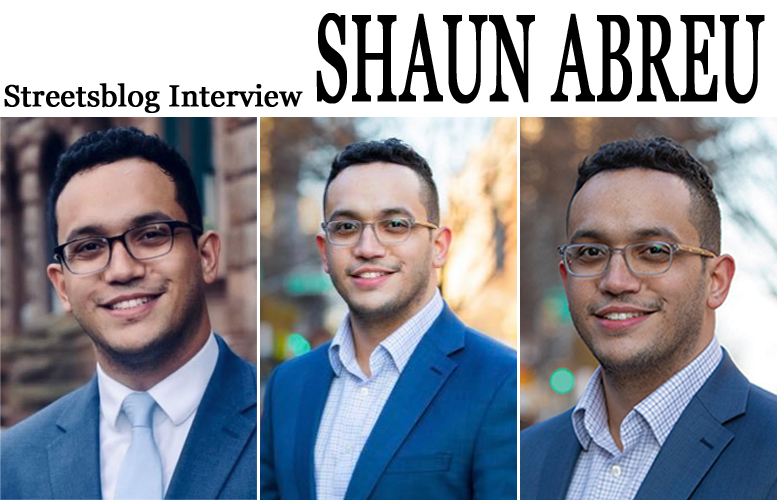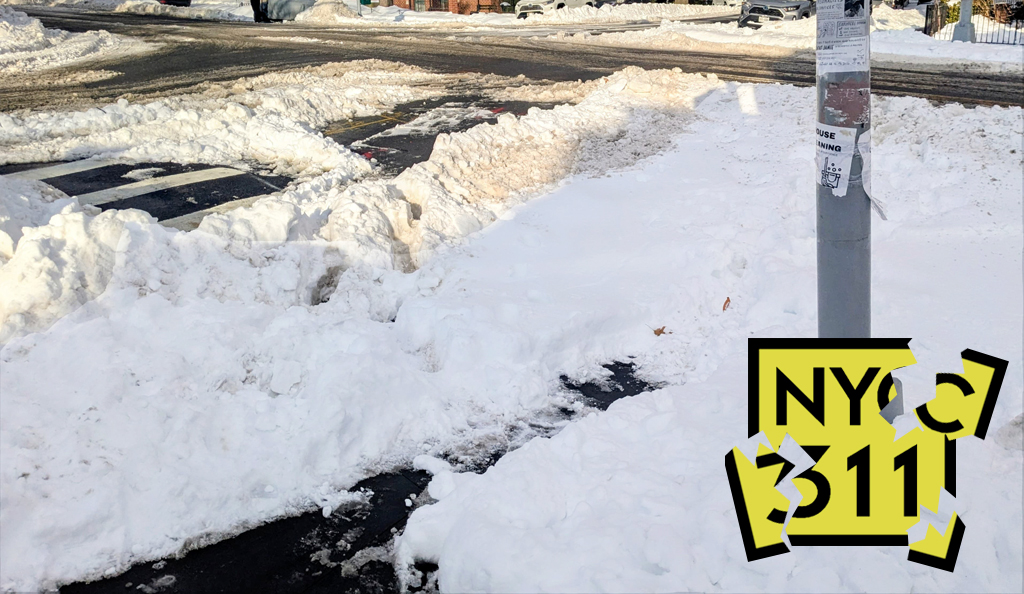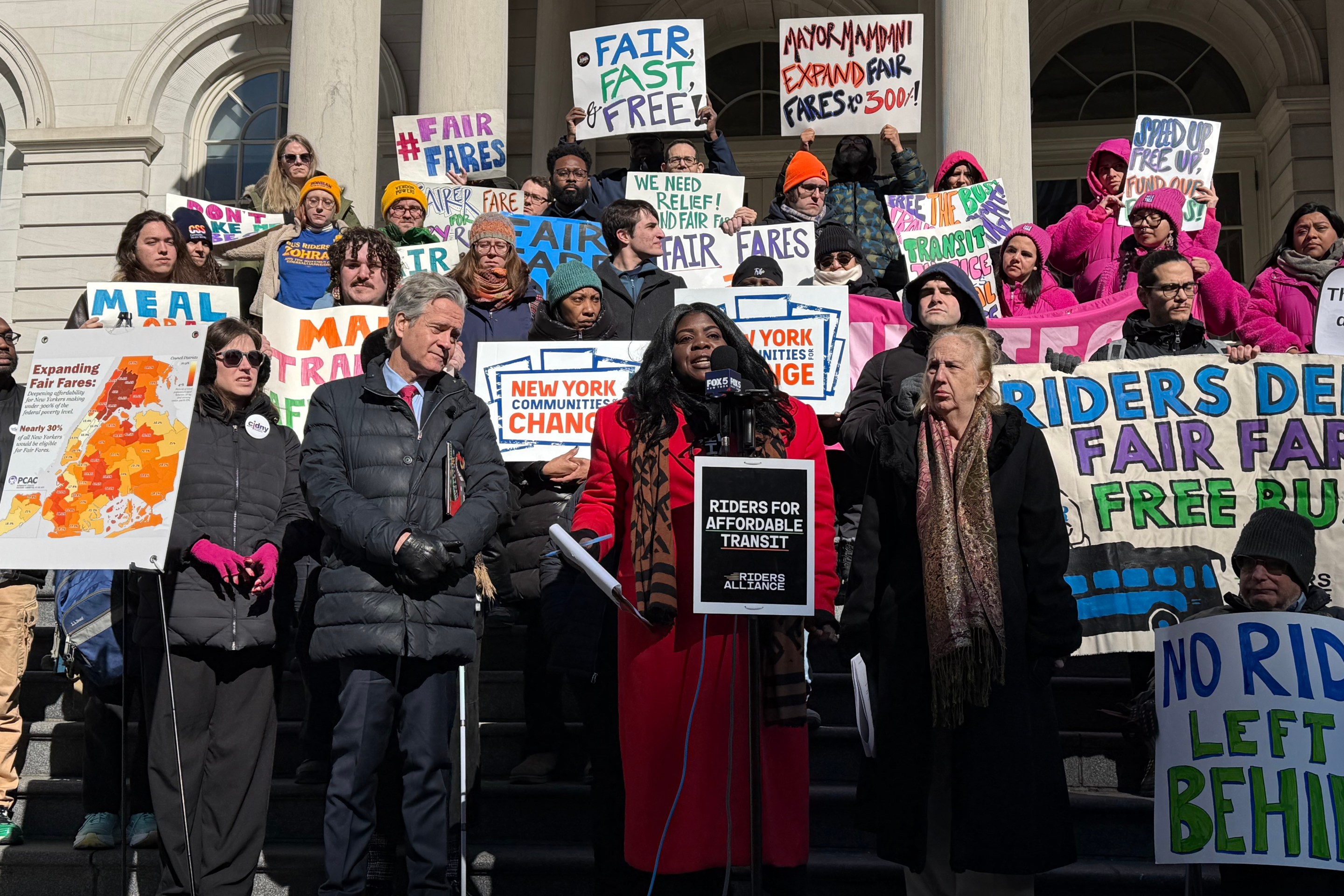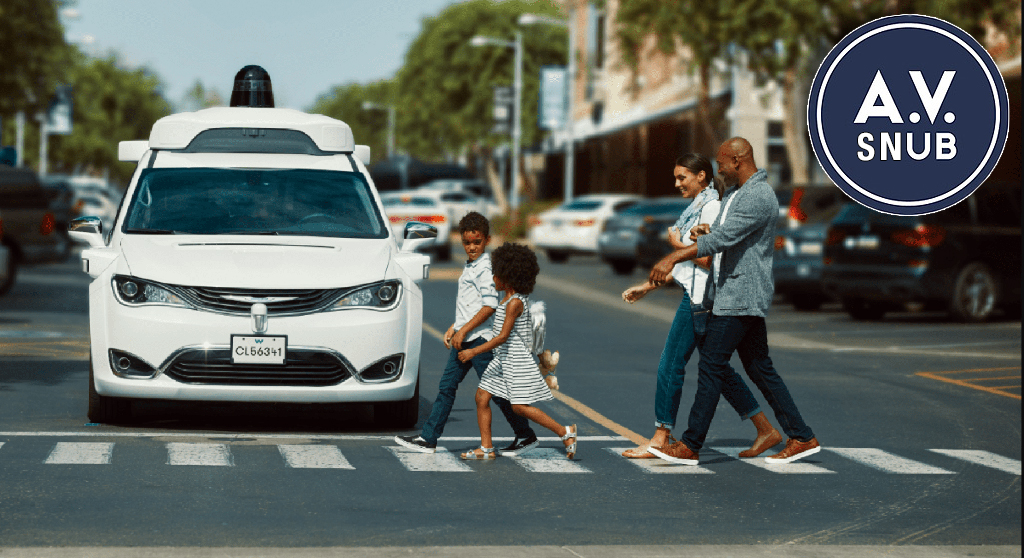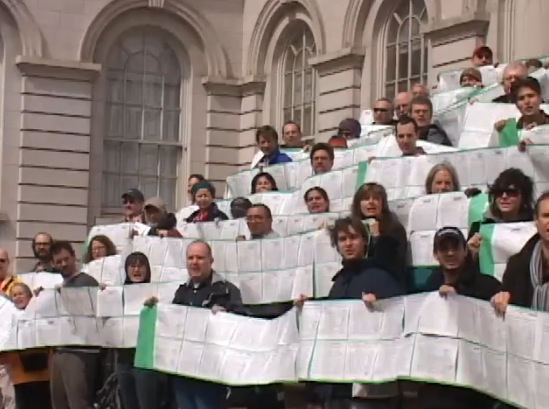
The momentum is growing for a summer-long trial of a car-free Central Park.
Two weeks ago, the transportation and parks committees of Manhattan Community Board 7, representing the Upper West Side, voted unanimously to support such a trial. Last week, the proposal passed the transportation committee of Midtown's CB 5, again unanimously. And last night, the transportation and parks committees of the Upper East Side's CB 8 voted to endorse the proposal with only one no vote between them. Three of the neighborhoods bordering the park -- those with the most at stake -- have now offered unambiguous endorsements of testing out a car-free park.
At last night's CB 8 meeting, nearly every member of each committee expressed his or her opinion on the proposal, and they were overwhelmingly positive. Though some board members suggested uncontroversial tweaks to the plan, for most the benefits of at least trying out a car-free park were so self-evident they didn't require elaboration. That's a rarity in community boards, institutions rarely known for being reserved or concise. As Upper East Side resident Albert Ahronheim said last night, "there's nothing to fear from this trial."
Advocates for taking motor vehicles off the loop drive -- cars could still drive on the transverses -- have been steadily winning car-free time and space for decades. Mayor Bloomberg has stated that he is unwilling to close the park to cars entirely, however, citing concerns about increased traffic on nearby roads.
That's what makes the idea of a trial period so appealing. Under the proposal endorsed by the community board committees, the city would close the loop to cars for a few months and DOT would study the effect of the closure on traffic. If the mayor is right and the change paralyzes traffic, they can simply move the barriers they put in place and let cars right back in.
There's good reason to think that Bloomberg's fears are misplaced, however. A 2008 Transportation Alternatives study found that allowing cars to drive through Central Park actually increased congestion in Harlem, and former Traffic Commissioner Sam Schwartz has said that the long-term impact on traffic of closing the loop to cars would be minimal. Even if that isn't enough to convince the mayor to take cars off the loop drive right now, it's more than enough to merit the real-world experiment of a trial period.
The community-level campaign to test out a car-free park continues tonight, when Community Board 9's transportation committee takes up the issue. A vote at the Borough Board could happen as soon as three weeks from now.

